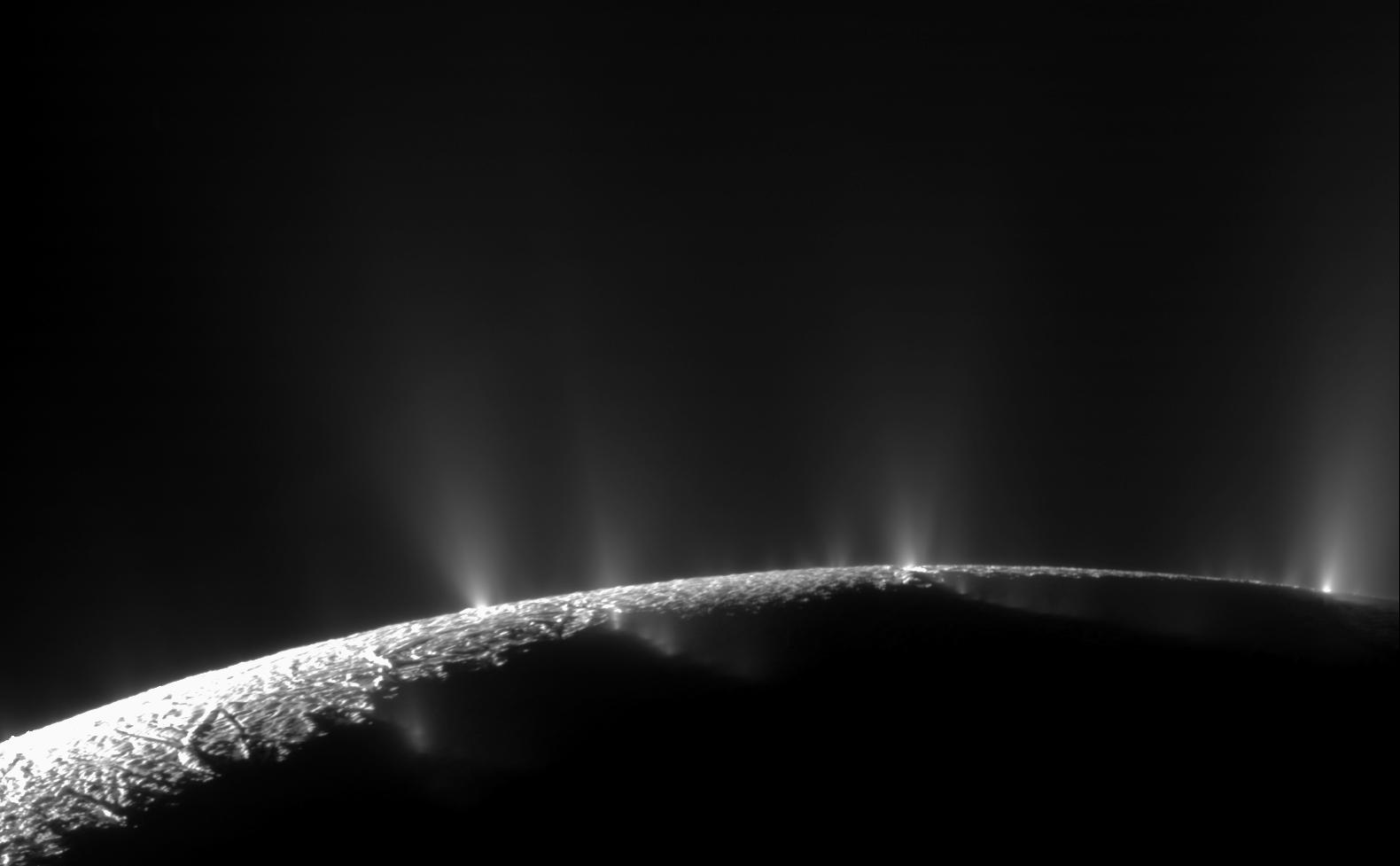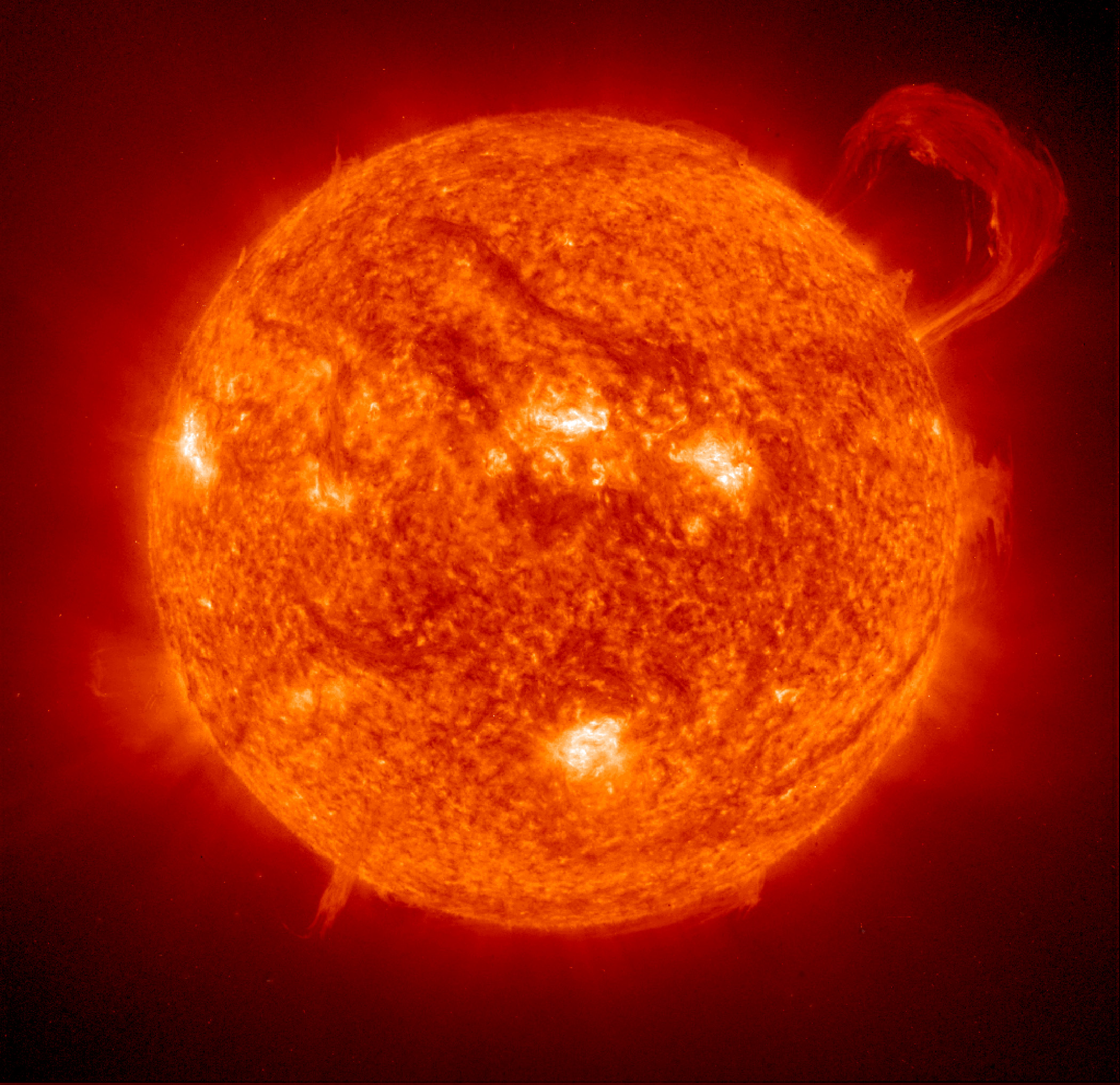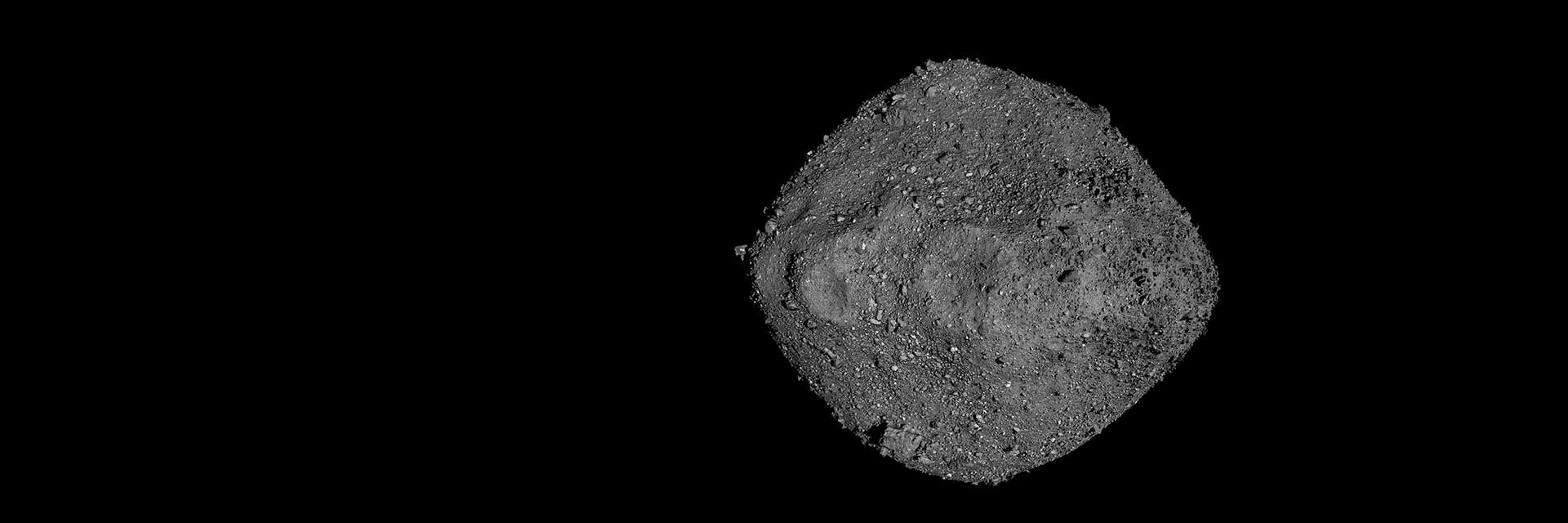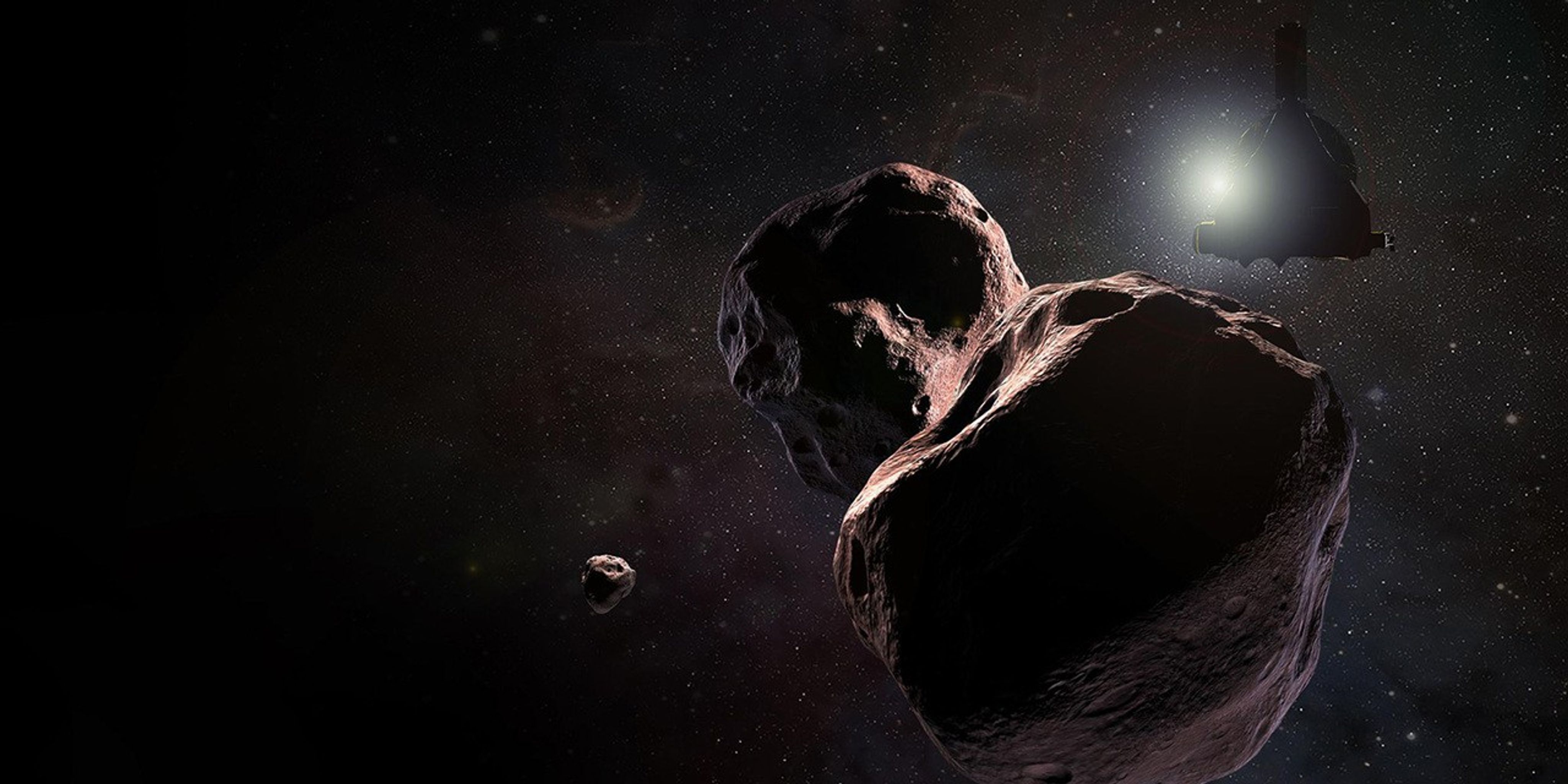2 min read
The most recent spacecraft telemetry was acquired on Aug. 24 from the Deep Space Network tracking complex at Canberra, Australia. The Cassini spacecraft is in an excellent state of health and all subsystems are operating normally. Information on the present position and speed of the Cassini spacecraft may be found on the "Present Position" page at: http://saturn.jpl.nasa.gov/mission/presentposition/.
Wednesday, August 18 (DOY 230)
Today marked the 11th anniversary of Cassini's Earth flyby.
Friday, August 20 (DOY 232)
Spacecraft Operations (SCO) successfully completed real time commanding to load Command & Data Subsystem (CDS) flight software (FSW) V10.0 patches. This is the last planned software update for CDS FSW for the remainder of the Cassini Mission. The command loss timer will be set back to 110 hours on Sunday.
SCO completed the first long reaction wheel rest period during the CDS FSW uplink and checkout period. The objective for these wheel rest periods is to allow for a redistribution of lubricants within the bearing assemblies. Bearing consultants have recommended this approach to mitigate against increased friction in the bearings, but at this point there is still insufficient data to judge the effectiveness of this plan. Attitude control was switched from reaction wheels to thrusters on Aug. 18, and switched back to wheels today.
Monday, August 23 (DOY 235)
The Science Forum for S66 was held today. Topics included an overview of science planned for this sequence followed by highlights, unique activities, and highest priority observations as described by the Target Working Team (TWT) and Orbiter Science Team (OST) leads, with comments from the Investigation Scientists and other instrument team representatives.
Tuesday, August 24 (DOY 236)
This week the Radio Science team performed an operational readiness test with the DSN in preparation for the occultation observation on Sept. 2. The Magnetospheric and Plasma Science instruments performed an 11.5 hour survey. The Composite Infrared Spectrometer performed an 8 hour spectroscopic observation of the infrared star CW Leonis. The Cosmic Dust Analyzer continued its interstellar dust campaign.







